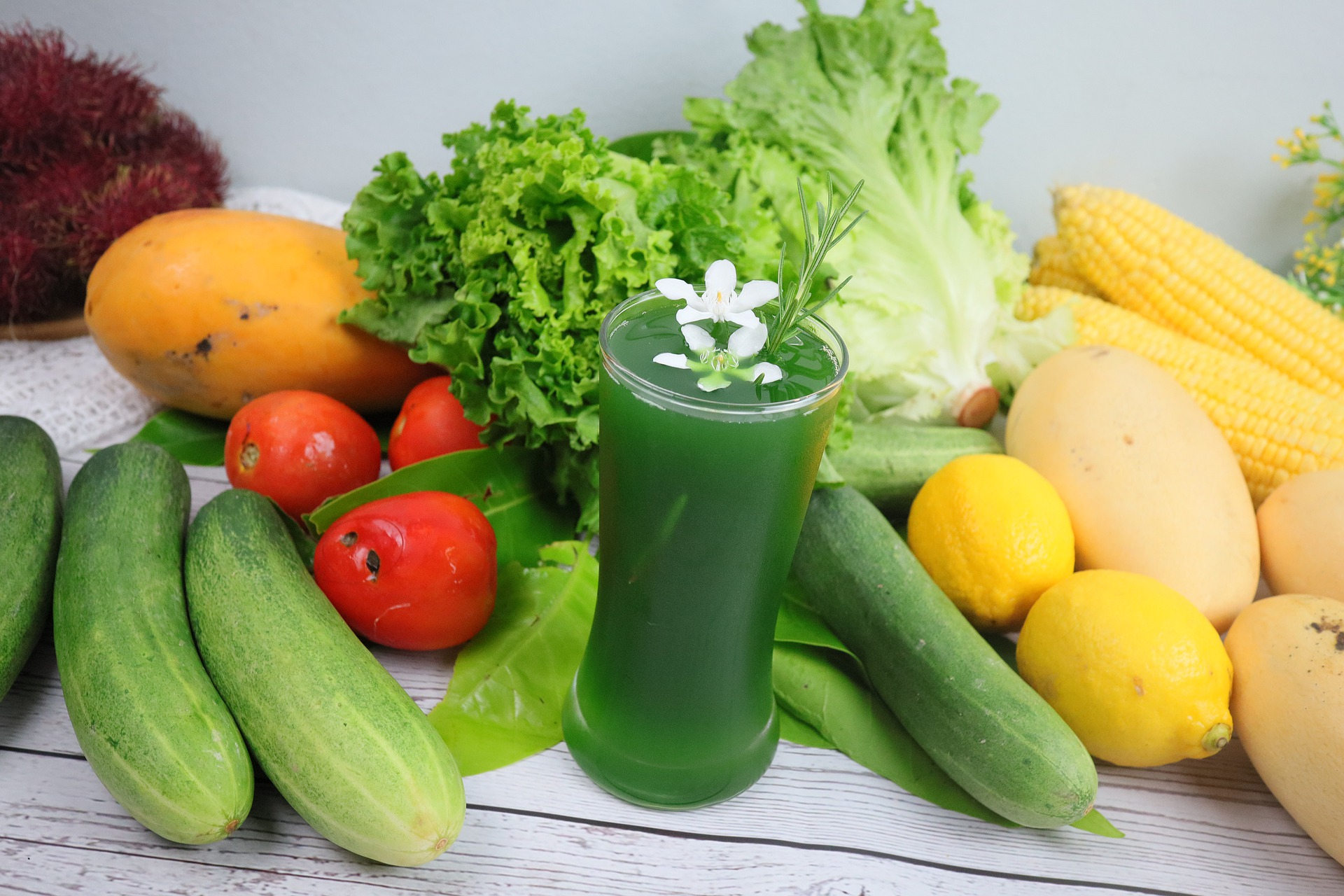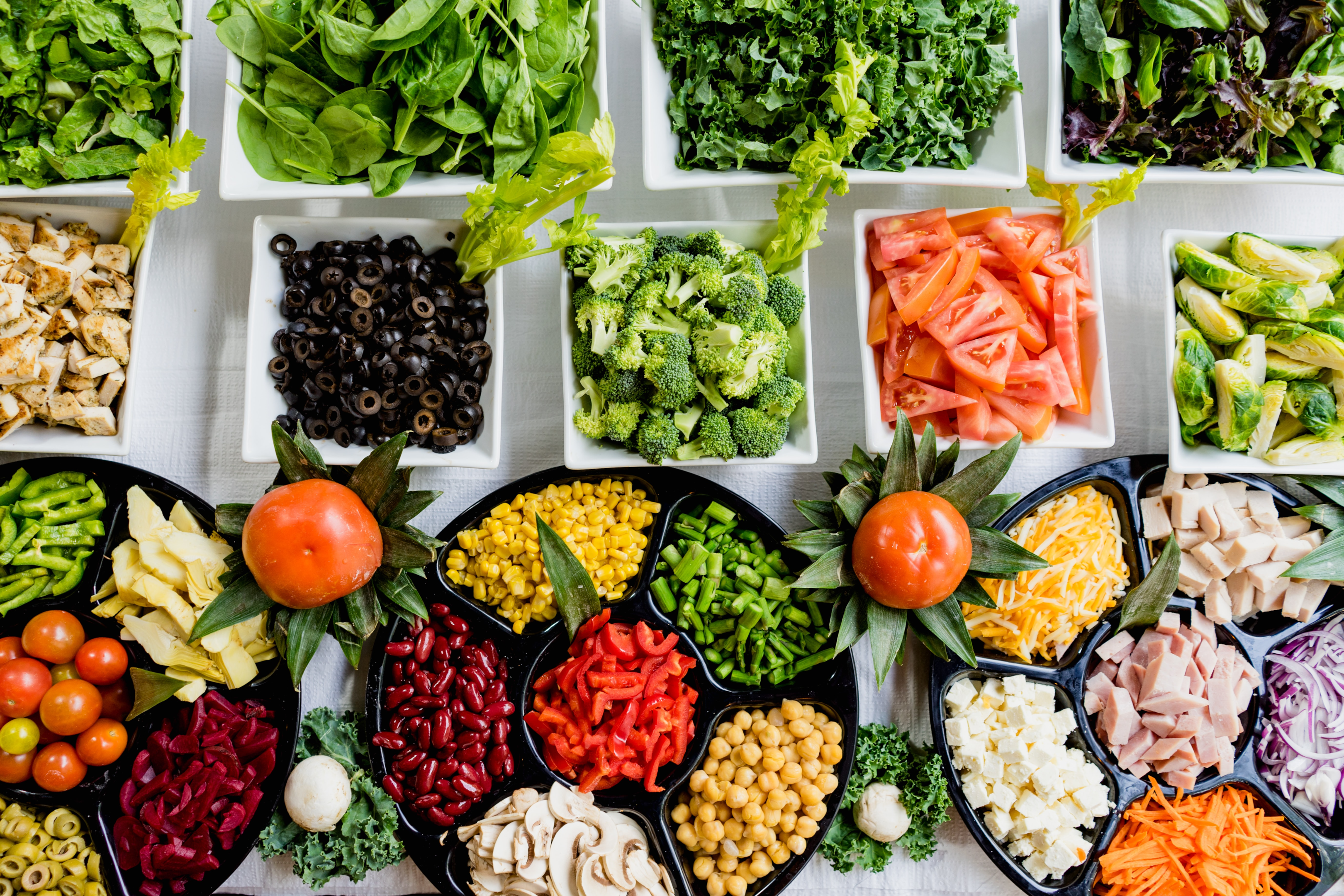The Ultimate 7-day Acid Reflux Diet Plan



A low-calorie acid reflux diet may make you healthier, and incorporating it into your routine can help you live longer. Acid reflux, also known as gastroesophageal reflux disease (GERD) or heartburn, is a digestive issue in which stomach acid and bile irritate the digestive tract. It usually appears in people aged between 30-60 years.
Acid reflux symptoms vary from excessive calorie consumption and sugar consumption to chronic stress, pregnant smoking, excessive caffeine use, and getting older.
The 7-day acid reflux diet plan was developed to help control acid reflux. It offers a variety of healthful low-acid meals to include in your weekly eating and a range of foods to avoid. By following this approach, you may help to regulate your acid reflux and reduce acid reflux symptoms.
Read on, and we will go through everything about GERD, from symptoms to treatment and seven days acid reflux diet plan.

GERD is defined by symptoms, with or without tissue damage, caused by frequent or extended exposure of the oesophageal lining to acidic or non-acidic gastric contents. If there is tissue damage, the person is said to have erosive or esophagitis GERD. Non-erosive GERD is the presence of symptoms but no visible tissue damage.
Additionally, GERD is frequently accompanied by symptoms such as acid regurgitation. However, there are situations when there are no visible signs, and the existence of GERD is only found when difficulties arise.
Acid reflux develops when stomach acid rises into the oesophagus. This might produce irritation, burning sensations in one's chest, and even hiccups. An acidic environment isn't good for anyone's insides, much alone one as sensitive as the oesophagus.
Food triggers, weight increase, caffeine usage, spicy food, fried foods, alcohol consumption, stress or tension, certain medicines, hiatus hernia, smoking and unhealthy eating habits are the most typical reasons for acid reflux. Understanding your triggers is an excellent place to begin treating your acid reflux. Nevertheless, your triggers may vary from those of others.

Heartburn is one of the most prevalent symptoms of GERD. This occurs when stomach acid erupts in the oesophagus, causing a burning feeling in the chest and a sour taste. Other acid reflux symptoms include:
Chest pain
The sense that food is stuck in the throat
Sore throat or hoarseness
Asthma-like symptoms
Sleeping difficulty due to coughing
Regurgitation
Difficulty swallowing
Chronic cough
Bad breath
Wheezing

Fibre is required for proper digestive function. It also helps your health. Dietary fibre is a nondigestible material found predominantly in fruits, seeds, legumes, and vegetables. Fibre, like other nutrients taken by your body throughout the pleasure process, basically goes through the intestine relatively intact.
Moreover, fibres might be insoluble and dissolved. Water is not absorbed by soluble fibre. However, this lets the stomach move fluidly and increases the volume of your faeces. High-fat foods help digestion and energy generation, but a low-fibre diet can cause stomach ejection to slow and digestive function to suffer.

Digestive enzymes aid in the digestion of food. As the body metabolises, these enzymes absorb the nutrients contained inside it. It is located in the pancreatic cavity, the mouth, the bowel, and the stomach. Without this enzyme, your body cannot produce the nutrients it needs from food. Digestive enzymes function best in a smaller pH range. Therefore your digestive system requires more pH.
In various cases, oral medication may be used either short-term or long-term to treat acid reflux. These may include:

Getting an OTC medication that works well in combination with dietary adjustments is simple.
Anticoagulants are a great treatment for mild heartburn. In most situations, stronger medications are required. Tums and Rolaids are common antacids. It is important to understand that taking antacids too much might result in vomiting.
Proton pump inhibitors and H2 receptor blockers are stronger types of OTCs. If your body doesn't tolerate an over-the-counter medicine well, see your physician about other acid reflux remedies.
At Welzo, we offer several medications for acid-reflux management, including Nexium, Losec and Omeprazole. View the whole range of medications here.

Along with following the entire acid reflux diet plan, you may adopt various lifestyle changes to guarantee long-term healing from your symptoms. The following are a few of the most crucial healthier lifestyle changes to keep in mind:
Exercise regularly
Limit alcohol consumption
Eat small frequent meals
Eat sitting up
Take medications as recommended
Reduce stress
Maintain a healthy weight
Avoiding trigger foods
Quit smoking
Slowly and thoroughly chew your food
Wear loose-fitting clothing
Stay hydrated
Avoid late eating at night

The 7-day acid reflux diet plan that follows has been designed specifically to assist control acid reflux. It offers a variety of healthful low-acid foods and those to avoid. Following this method can regulate your acid reflux and reduce your symptoms.
Breakfast: Oatmeal with almonds and raisins
Lunch: Salad with a low-acid dressing
Dinner: Roasted veggies with baked fish
Breakfast: Cranberry juice, whole-grain toast, and scrambled egg whites
Lunch: Turkey sandwich with avocado and whole-grain bread
Dinner: High fibre pasta, steamed vegetables, and shrimp
Breakfast: Banana and peanut butter on whole grain bread
Lunch: Brown rice, roasted chicken, and spinach
Dinner: Roast beef accompanied with green beans and mashed potatoes
Breakfast: Fruit smoothie
Lunch: Quinoa salad with spinach, cranberry juice, and avocado
Dinner: Marinara sauce over spaghetti squash
Breakfast: Scrambled egg whites, apple slices, whole grain bread, and low-fat yoghurt
Lunch: Wrapped chicken with low-fat sauce and lettuce
Dinner: Baked potatoes and baked salmon
Breakfast: Frittata with veggies
Lunch: Papaya, pita bread, and tuna salad
Dinner: Steak grilled with roasted potatoes and asparagus
Breakfast: Berries, hard-boiled eggs, and low-fat yoghurt
Lunch: Whole-grain bun turkey burger
Dinner: Papaya, chicken, and high-fibre pasta
Consult your doctor for professional medical advice if you have frequent acid reflux or gastroesophageal reflux disease. They may advise you to change your lifestyle to help avoid your symptoms. They may also suggest you consume smaller meals, stay upright after eating or exclude certain foods from your lifestyle. They could also convince you to reduce weight or stop smoking.
Furthermore, the 7-day acid reflux diet plan is an excellent method to minimise your symptoms. Consider implementing some or all of the abovementioned changes to help manage your GERD.
Here at Welzo, we offer products and information to help you manage your health. To learn more about acid reflux, visit our information page here.










Plus get the inside scoop on our latest content and updates in our monthly newsletter.